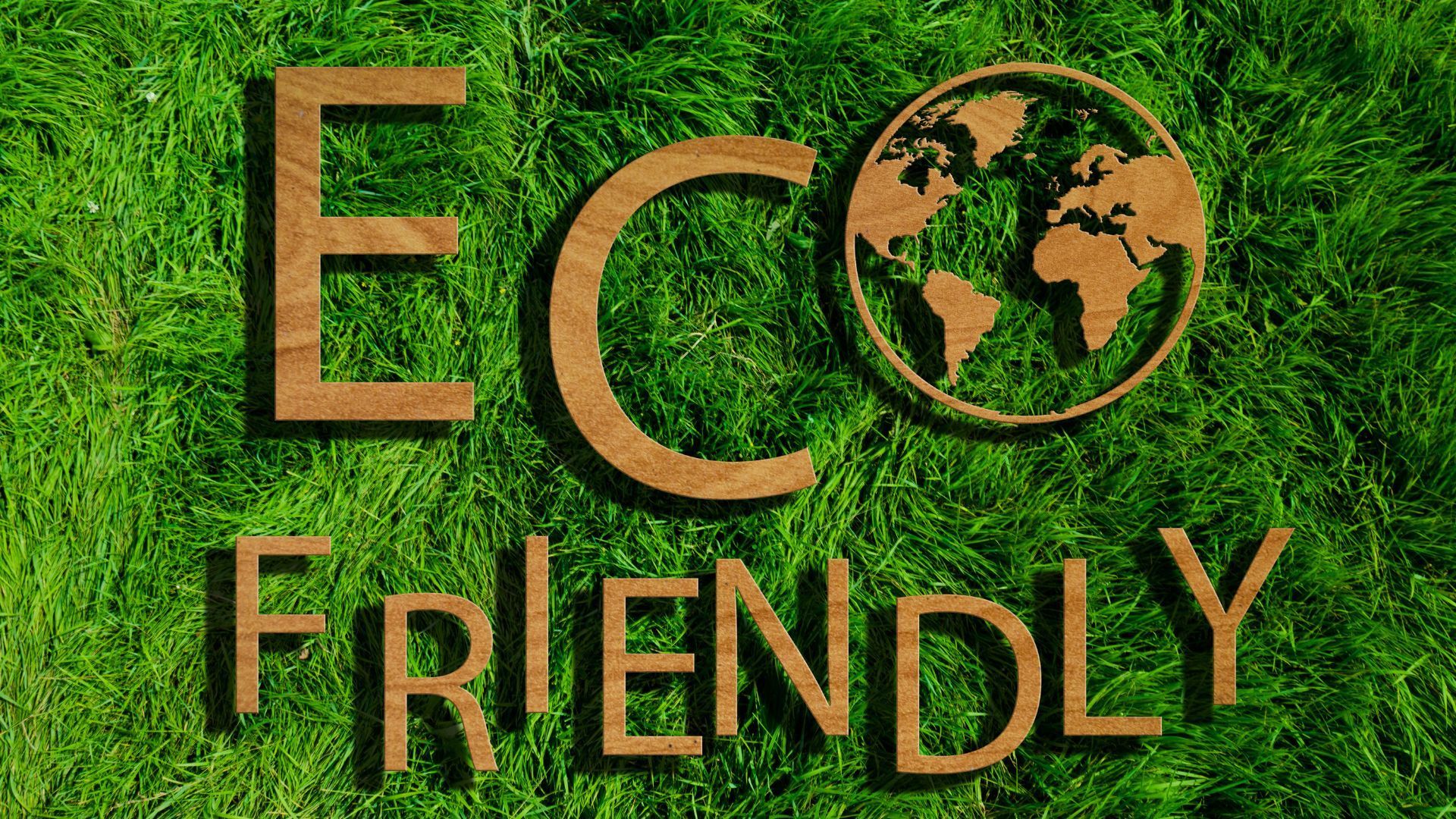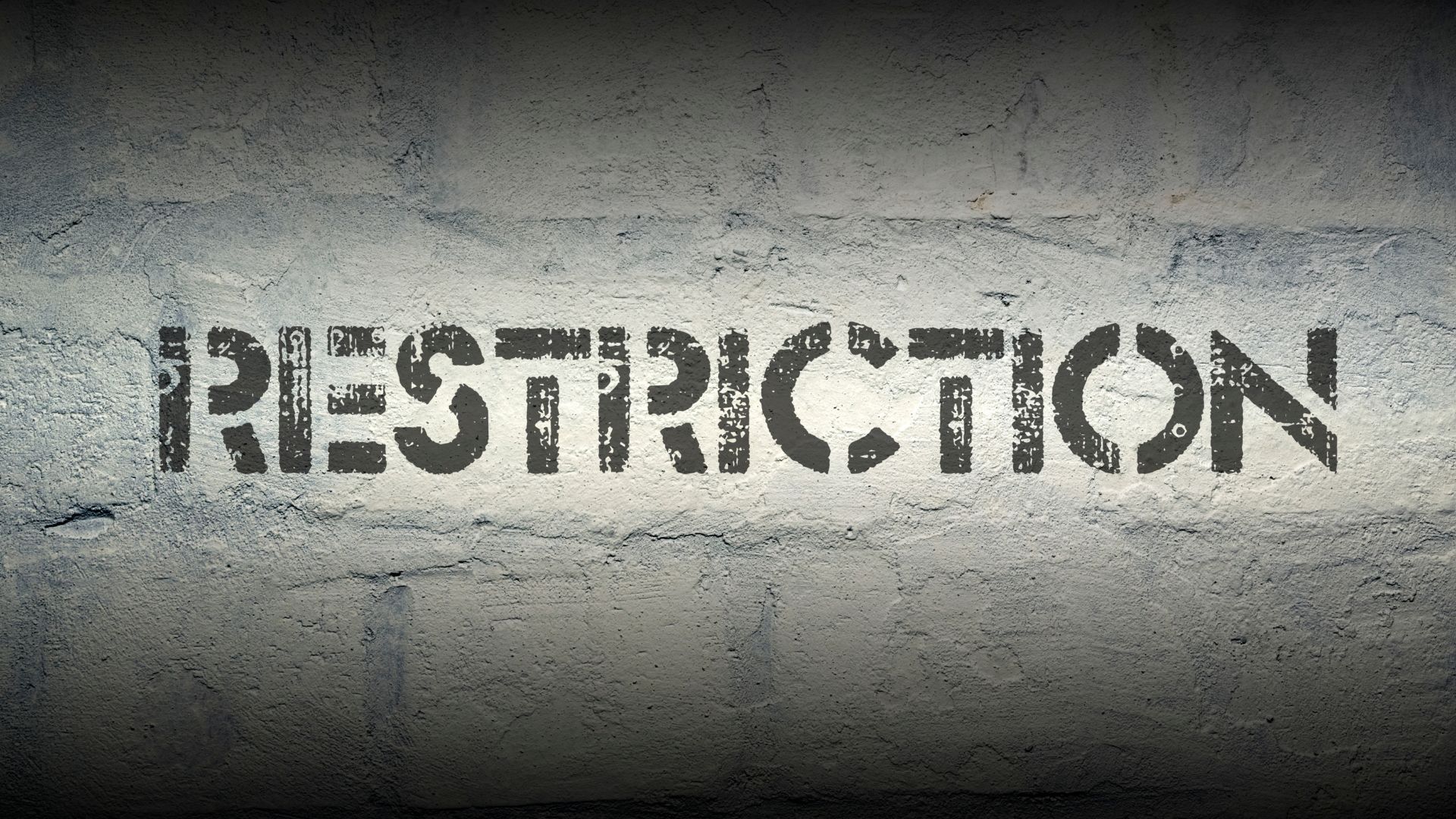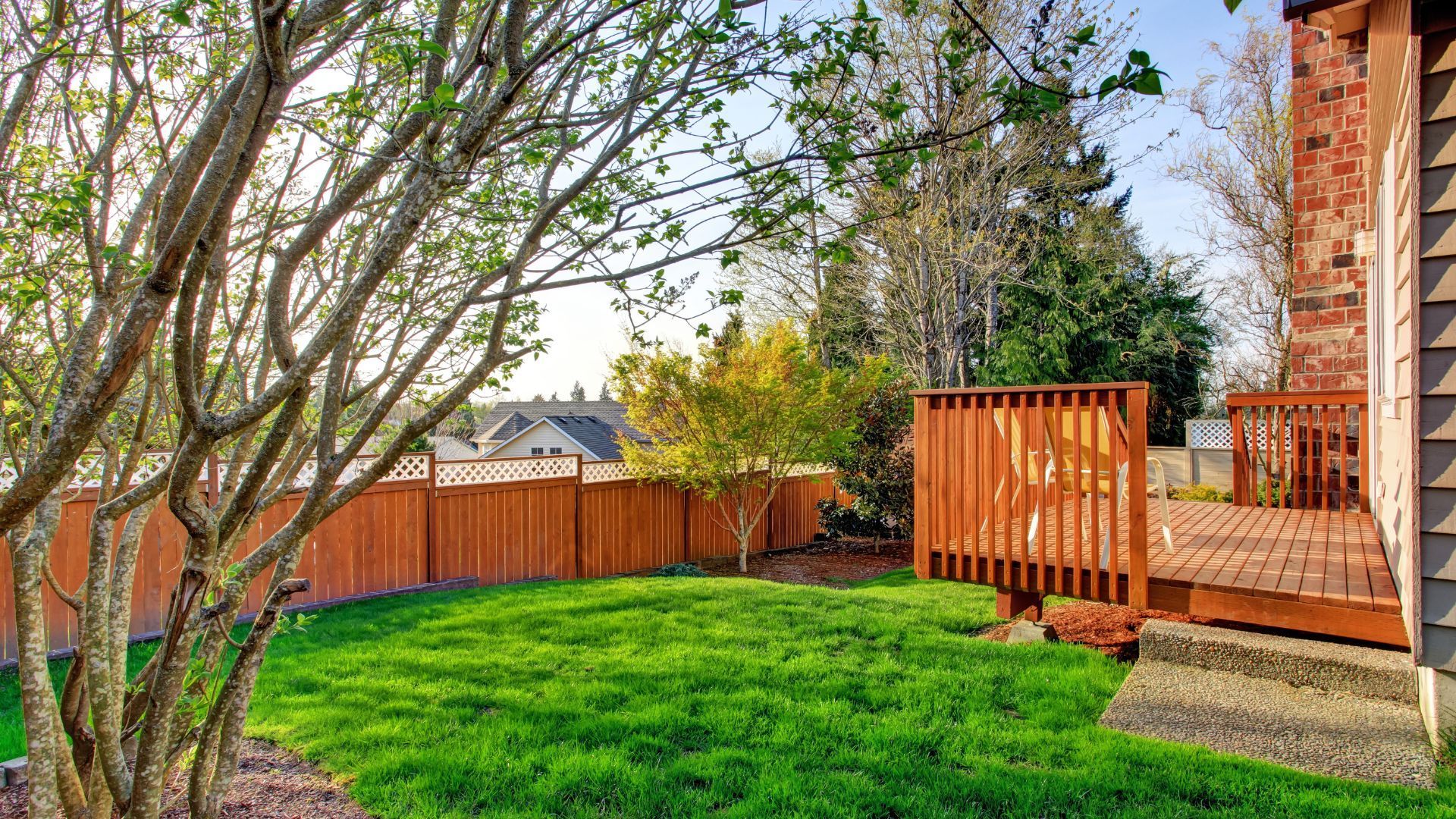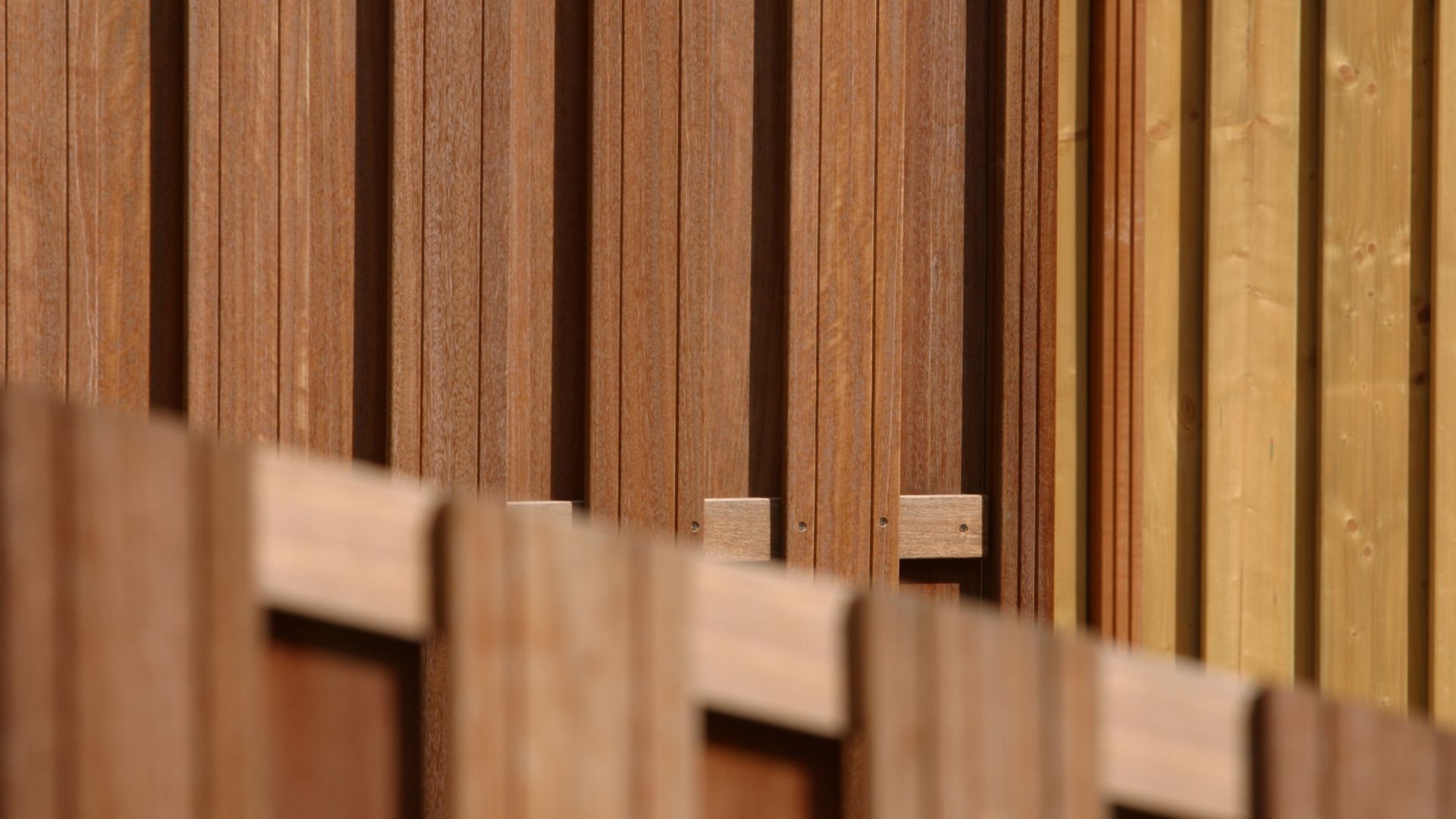Eco-Friendly Deck Materials: Impact and Options - Jewel City Decks
In the picturesque city of Glendale, CA, where the natural beauty of the landscape is a part of daily life, many homeowners are becoming increasingly conscious of their environmental footprint, especially when it comes to home improvement projects like building a deck. At Jewel City Decks, we're committed to helping our clients make informed decisions that align with their values, including the sustainability of their chosen deck materials. Here's what you need to consider about the environmental impact of various deck materials.

Wood: Natural and Renewable
Wood is a classic choice for decks, offering natural beauty and a warm aesthetic. When considering wood, look for options that are sustainably sourced or certified by organizations like the Forest Stewardship Council (FSC). This certification ensures that the wood has been harvested in a way that protects forests for the long term. Although wood decks require regular maintenance, including staining and sealing, they can be fully biodegradable at the end of their life cycle if untreated.
Pros:
Renewable resource when sustainably sourced
Biodegradable at the end of its lifespan
Cons:
Requires regular maintenance with potentially harmful chemicals
Overharvesting can lead to deforestation if not responsibly sourced
Composite: Durable and Low-Maintenance
Composite decking, made from a blend of wood fibers and recycled plastics, offers a sustainable alternative to traditional wood decking. This material reduces waste by repurposing plastics that might otherwise end up in landfills. Composite decks also boast a longer lifespan and require less maintenance than wood decks, without the need for chemical treatments.
Pros:
Utilizes recycled materials, reducing landfill waste
Requires minimal maintenance without harmful chemicals
Cons:
Production process can be energy-intensive
Not biodegradable, though some brands offer recycling programs
Aluminum: Recyclable and Long-Lasting
Aluminum decking is another eco-friendly option, known for its durability, recyclability, and minimal maintenance needs. Unlike wood and composite, aluminum decks won't warp, rot, or attract pests. Aluminum can be recycled indefinitely without losing quality, making it a highly sustainable choice for environmentally conscious homeowners.
Pros:
Fully recyclable and often made from recycled content
Extremely durable, with a long lifespan
Cons:
Higher initial cost compared to wood or composite
Production process is energy-intensive, though recycling aluminum consumes much less energy
Bamboo: Fast-Growing and Sustainable
Bamboo is gaining popularity as a decking material due to its rapid growth rate and sustainability. As a grass that can regenerate in just a few years, bamboo offers an eco-friendly alternative to slow-growing hardwoods. It's durable, moisture-resistant, and can be harvested without killing the plant, preserving the ecosystem.
Pros:
Highly renewable resource with a fast regeneration rate
Durable and naturally resistant to pests and moisture
Cons:
Requires importation, which can increase carbon footprint
Quality and sustainability practices can vary between suppliers
Making the Right Choice
When selecting deck materials, consider not only the environmental impact but also the longevity, maintenance requirements, and how the material fits with your home's aesthetic. In Glendale, CA, where outdoor living is an essential part of the lifestyle, choosing a deck material that aligns with your environmental values can enhance the enjoyment and sustainability of your outdoor space.
At Jewel City Decks, we're here to guide you through the options, helping you select the best materials for your project while considering the broader impact on our planet. By making informed choices, we can work together to create beautiful outdoor spaces that respect and preserve the environment.
Frequently Asked Questions
How do I know if the wood for my deck is sustainably sourced?
Look for certifications like the FSC label, which indicates the wood has been harvested in a way that maintains the forest's biodiversity, productivity, and ecological processes.
Can composite decking be recycled after its lifespan?
Some composite decking materials can be recycled at the end of their lifespan. Check with the manufacturer for their specific recycling program and policies.
Is bamboo decking as durable as traditional wood decking?
Bamboo is known for its strength and durability, often comparable to or exceeding that of traditional hardwoods when properly treated and maintained.
What is the most environmentally friendly option for decking?
Each material has its advantages and considerations. The most eco-friendly option depends on factors like the material's production process, maintenance needs, lifespan, and end-of-life disposal.
How can I maintain my deck in an environmentally friendly way?
Opt for natural or eco-certified products for cleaning and maintenance. Regular upkeep can also extend the life of your deck, reducing the need for replacement and further resource consumption.



